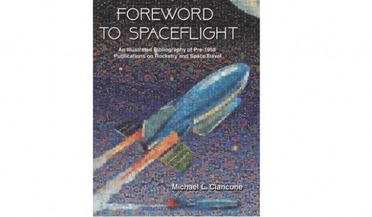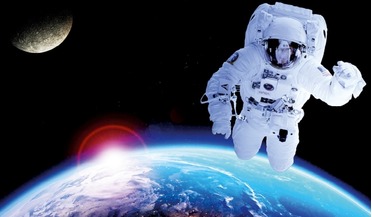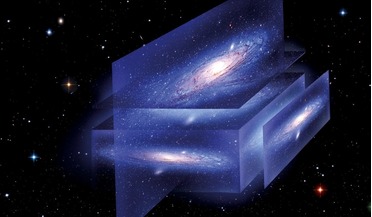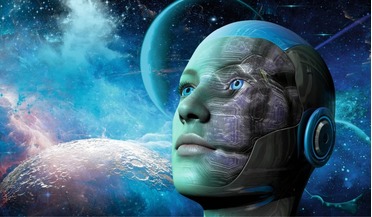 February 2020
Visions of spaceflight before the Space Age
February 2020
Visions of spaceflight before the Space Age
... (USA). Tsiolkovsky published several small books on space travel and cosmology (the expansion of humans into the cosmos). The ‘holy grail’ of this genre is an article published in the May 1903 issue of Nauchnoe Obozrenie [Scientific Review...
 July 2020
Are we entering a post-Overview Effect era?
July 2020
Are we entering a post-Overview Effect era?
... humans are self-aware and part of the universe. Carl Sagan said, “We are a way for the cosmos to know itself,” and this means humanity expanding into the universe, and to do so following a global ‘template’ that...
 August 2020
Battle for the night sky - from telescopes to ad-breaks
August 2020
Battle for the night sky - from telescopes to ad-breaks
... about the future of their discipline. Astronomers have been striving to better understand our place in the cosmos, unfettered by human interference from either satellites or billboards, for millennia. Indeed, it is possible to argue that observing...
 October 2020
Learning from alternative universes
October 2020
Learning from alternative universes
.... Moreover, it was this method that allowed the discovery of dark energy and the fact that the cosmos is not static but evolves with time. The equations used to deduct the cosmological parameters of the universe...
 January 2021
Safeguarding space - lessons from decommissioning in the energy industry
January 2021
Safeguarding space - lessons from decommissioning in the energy industry
... the response. The space community has seen what a collision in space looks like with the Iridium-Cosmos event. Now is the optimal time for all stakeholders to be proactive, heeding the warning signs from the...
 June 2022
Space activities and space debris - finding an ethical balance
June 2022
Space activities and space debris - finding an ethical balance
... dilemmas. What are humanity’s responsibilities as explorers of ‘new worlds’? Many believe we have moral obligations towards the cosmos from the moment we begin to interact with it, a view I also share. While it may be tempting to consider the...